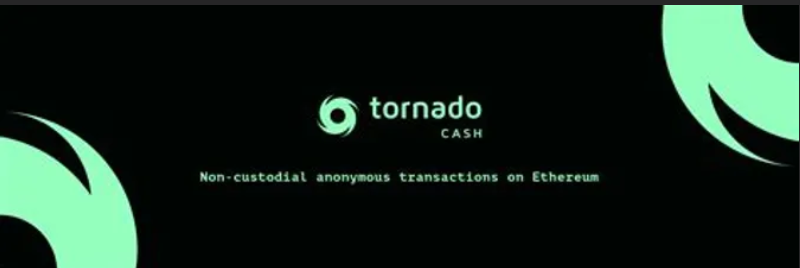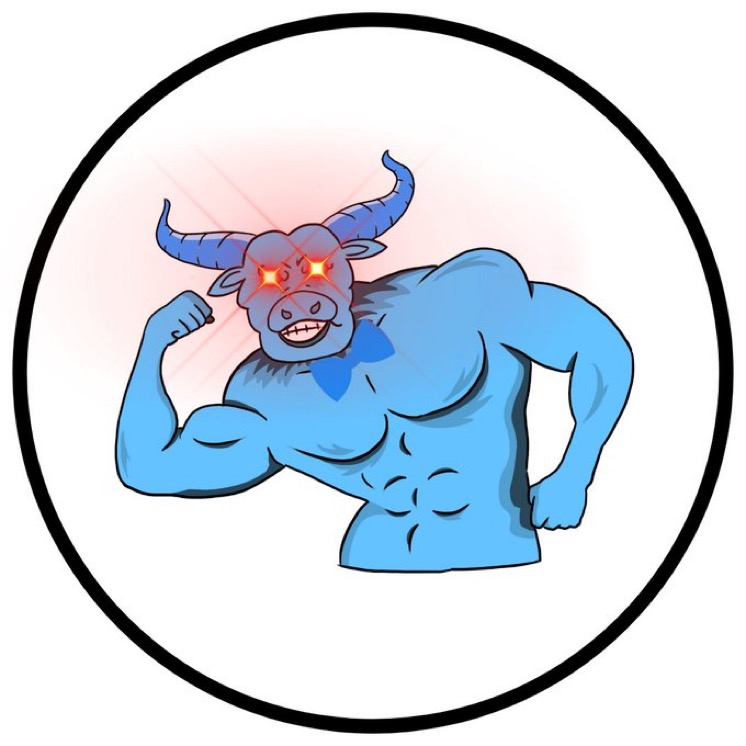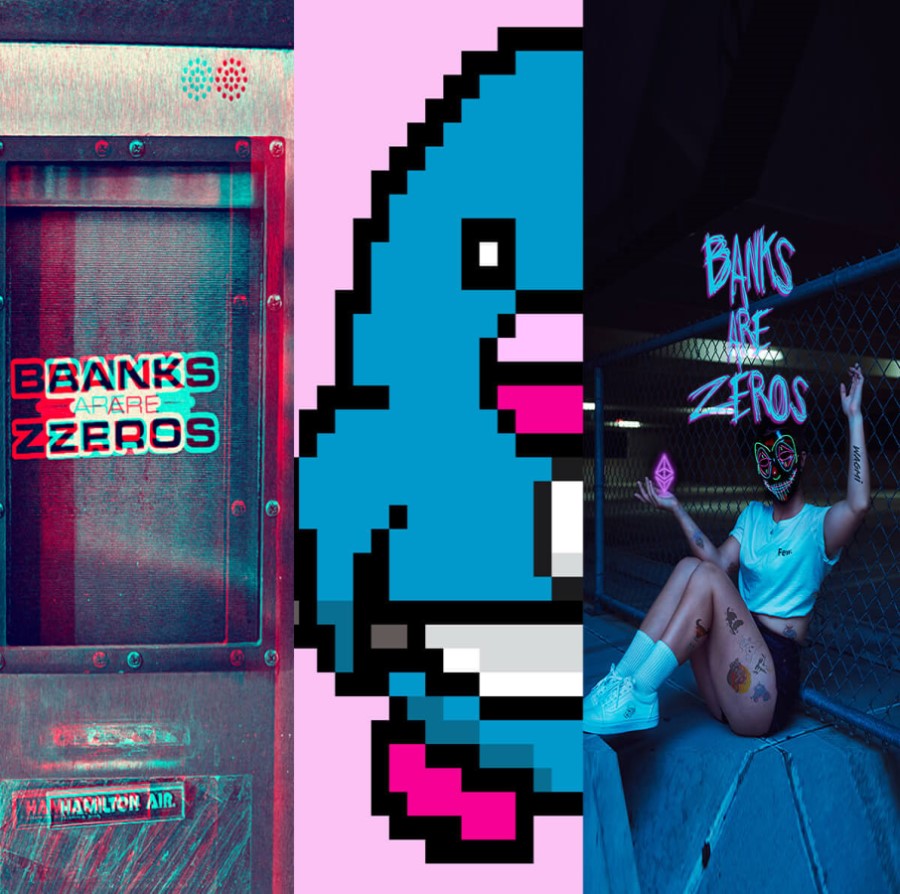On Monday August 8, 2022 the crypto mixing-service Tornado Cash was essentially blacklisted by the US Government. The Office of Foreign Assets Control (OFAC) added Tornado Cash and all the Ethereum wallets that are associated with it to the Specially Designated Nationals and Blocked Persons List (SDN List). The SDN list is usually reserved for high profile individuals, drug cartels, or terrorist states.
Circle and GitHub have already started complying with the sanctions by blacklisting addresses and removing developers from the platform GitHub has also scrubbed code from Tornado Cash Devs.
What Is Tornado Cash?
Tornado Cash is a crypto-mixing service that helps users obscure interactions between wallets. It is a legitimate way to protect your privacy.
Since all transactions are recorded on-chain, it is easy for users to track transactions between wallets. This means, if a sleuth knows one of your wallets and you move funds to other wallets you own, they can see where and how much crypto you have.
There are times it makes sense to obscure your actual wealth. For example, if you did some freelance work and got paid in crypto, you may not want other users to track your wallets and see your net worth. Sending the money to Tornado Cash assists with that.
Tornado Cash works by being a large smart contract pool where you send your funds. There, the funds get mixed with all other funds. When you withdraw the funds back out, the link between your wallets is broke. As long you withdraw differing amounts at different times to different wallets, it will be very improbable someone can find your transactions.
Lastly, when you deposit your funds you get a secret hash that is the key to unlocking and withdrawing funds back out.
What Is OFAC (Office of Foreign Assets Control)?
The Office of Foreign Assets Control (OFAC) Program is part of the U.S. Department of Treasury.
From the OFAC Site:
“The Office of Foreign Assets Control (“OFAC”) of the US Department of the Treasury administers and enforces economic and trade sanctions based on US foreign policy and national security goals against targeted foreign countries and regimes, terrorists, international narcotics traffickers, those engaged in activities related to the proliferation of weapons of mass destruction, and other threats to the national security, foreign policy or economy of the United States.
OFAC Site
What Is The OFAC Sanctions List?
The OFAC Specially Designated Nationals and Blocked Persons (SDN List) sets a list of entities it is illegal to transact with. The individual and companies can be sanctioned due to being from certain countries as well as being international.
The SDN list is largely for labeled terrorist organizations.
US Citizens and entities can not do any sort of business with anyone on the SDN List. The SDN list is the highest level of financial enforcement at the US Governments disposal. It is reserved for national threats.
Is the Blacklisting of Tornado Cash Due To Hackers?
The opposite side of the legitimate uses for Tornado Cash, it is also popular with hackers who are trying to launder any stolen funds. For example in the:
The Dept of Treasury indicated the move was in response to North Korea hackers using Tornado Cash to launder funds.
What Does The Tornado Cash Blacklist Mean For Crypto?
However, there are likely far-reaching impacts from this sacntioning.
For any US citizens, any further interaction with Tornado Cash is likely illegal and opens you up to massive fines. The SDN List makes it illegal to perform any economic interactions or ‘other dealings’ with the sanctioned entity and wallets.
That means for any US resident with money currently in the Tornado Cash contract waiting to be withdrawn, you may be facing massive fines or jail time if you try to remove your funds.

[Note – We are not lawyers, so DYOR and consult with an actual lawyer].
Impact of SDN Sanction List on Circle ($USDC) and Tether ($USDT) Stable Coins and BitGo’s ($WBTC) Wrapped Bitcoin
Both USDC and USDT are able to block funds using the smart contract and Circle already started. WBTC can be blocked from being redeemed to BTC.
Based on the breadth of transactions covered under SDN sanctions, any liquidity pool or protocol that interacts with the funds may be committing an illegal act.
Since this is unprecedented, there is a non-zero risk that even miners who mine a block that contains the sanctioned funds could be opening themselves up to legal ramifications. (Read More about the $437+ Million of Funds on Tornado Cash and a Deeper Dive on the Ramifications here).
[Again, we are not lawyers and reporting possibilities that seem plausible right now].
As of now Circle is complying with the SDN sanctioning and blocking relevant addresses.
Conclusion: Tornado Cash Blacklisting Will Have an Unprecedented Impact On US-Based Crypto
It is currently hard to know how big of an impact the SDN list will have on the US-Based crypto industry. If a miner who happens to mine a block gets prosecuted, you can expect all mining to move offshore. If a protocol gets tainted funds added to the liquidity pool and gets fined, it will see more flight to foreign countries.
This will also be a problem for Decentralized Finance (DeFi) as the use of stablecoins and wrapped coins are fundamental to their operation. The lack of decentralization of in both stables and wrapped coins may result in major shifts to the landscape.









